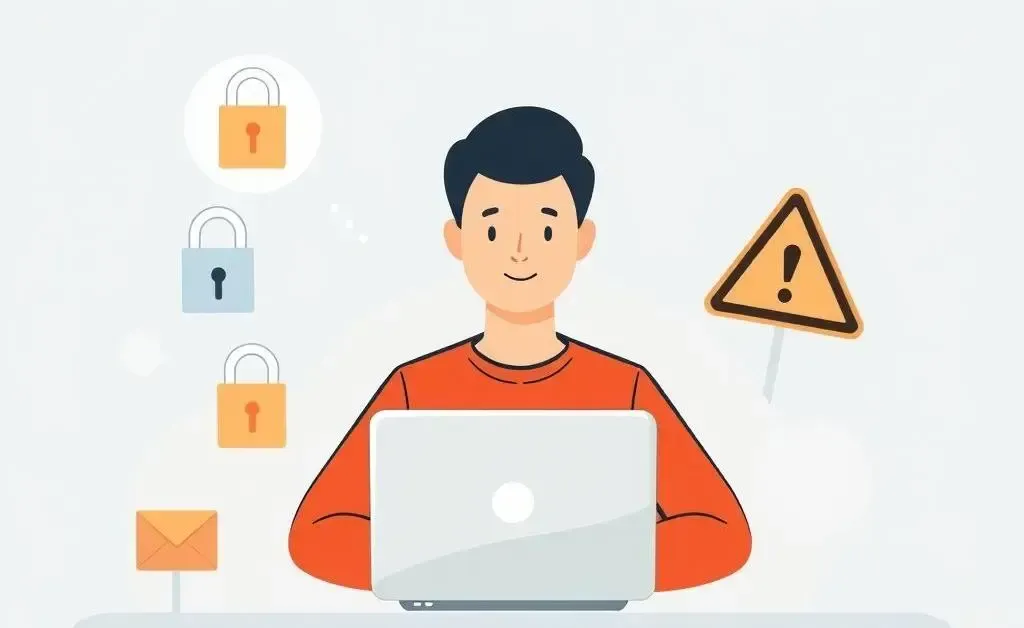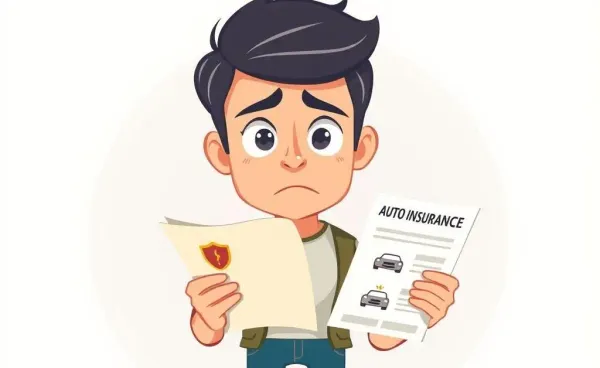Staying Safe Online: How to Spot and Avoid Financial Scams
Learn how to spot and avoid financial scams with these practical tips.

Do you ever get a nagging feeling that someone might be trying to pull a fast one on you through a too-good-to-be-true offer? You’re not alone. As someone who loves exploring the web's vast resources, I know how prevalent online scams can be. Staying informed and cautious can prevent you from becoming a victim. In this blog post, I'll share some practical ways to identify and fend off scams.
Understanding the Common Signs of Online Scams
The primary keyword here is ‘online scams,’ which plague everyone from casual internet users to seasoned professionals. Recognizing the common signs of a scam can save you a lot of trouble.
- Suspicious Requests: If someone ever asks for personal or financial information via an unsolicited message, it’s a huge red flag.
- Urgency and Pressure: Scammers often create a false sense of urgency to make you act without thoroughly thinking it through.
- Too Good to be True: Offers promising unrealistically high returns or products at a substantially lower price are usually deceitful.

Practical Steps to Protect Yourself
Now that we’ve covered the signs, let’s look at preventative measures to help you steer clear of potential scams.
Verify, Verify, Verify!
Always check the legitimacy of any message or website that makes you feel uneasy. If it’s an email, double-check the sender address; phishing scams often use addresses that mimic legitimate ones with subtle changes.

Use Security Tools
Antivirus software and browser extensions designed to spot scams are your best friends online. They can alert you before clicking on suspicious links or downloading malicious files. It's like having an extra layer of armor.
Educate Yourself
Stay updated on the latest scam tactics. This might involve reading expert blogs, such as this one, or watching informative online videos. Knowledge is power, especially when scammers continuously evolve their strategies.

What to Do If You’ve Been Scammed
Even with all precautions, mistakes happen. If you suspect you've fallen for a scam, here’s what you can do:
- Report Immediately: Contact local authorities or agencies like the Federal Trade Commission (FTC) to report the scam.
- Call Your Bank: If financial information has been compromised, notify your bank to freeze your accounts or halt suspicious transactions.
- Warn Others: Sharing your experience can help others avoid similar pitfalls.
In conclusion, staying safe online requires vigilance and a proactive approach. By keeping these tips in mind and being aware of the latest scams, you can navigate the internet securely. Have you ever encountered a scam? Share your experiences below and let’s learn together!




